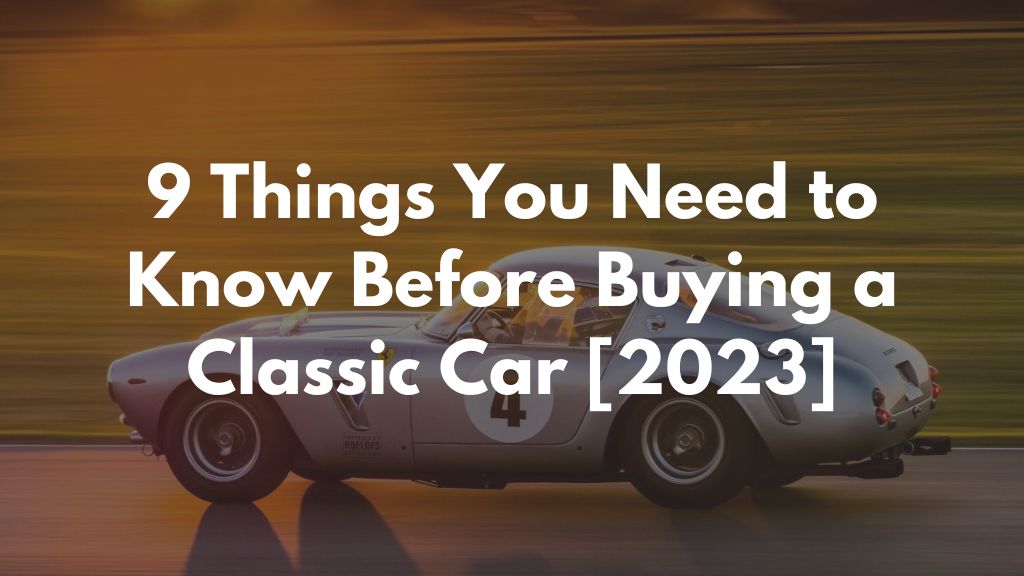Last Updated on January 30, 2023 by Calvyn Ee
So you want to buy a classic car. That’s an excellent decision – classic cars are excellent investments, and they’re fun, fast, and often gorgeous to look at too! However, there are some things you need to know before putting your money down on a classic car – here are ten of them to get you started.
1. What are The Costs?

The first thing you need to know is that buying a classic car can be expensive. The 10 grand you saved on your new-car purchase will quickly melt away when it comes time for maintenance and repairs—often thousands of dollars more per year than you’d spend on normal vehicle upkeep.
Classic cars usually only get driven sporadically, which means they don’t get driven enough to stretch out their proper maintenance schedule, meaning frequent trips to keep things running smoothly.
And then there are spare parts: Parts for most models are still available, but when you need rare or hard-to-find components—such as those for Italian marques like Ferrari and Lamborghini—the price skyrockets into four-digit territory pretty quickly.
2. Choosing the Right Classic Car
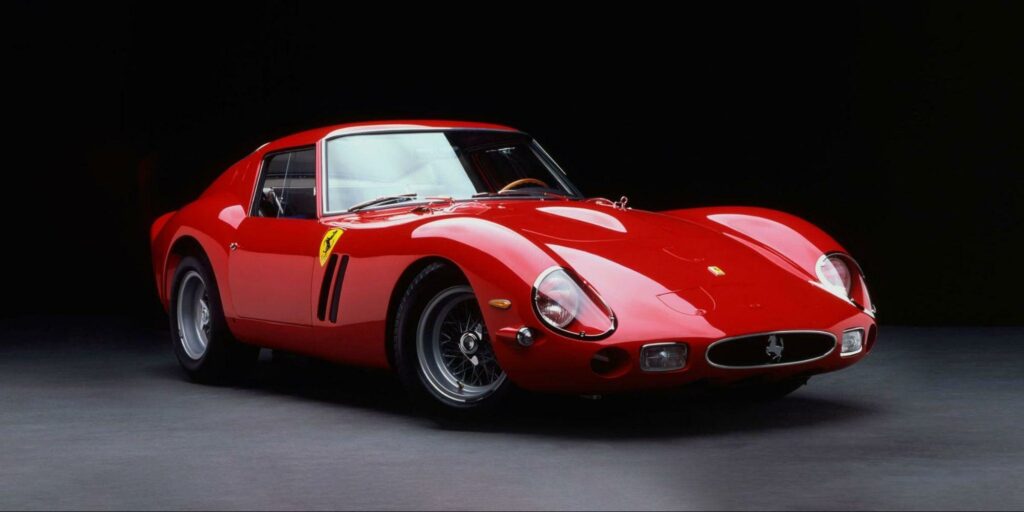
Just because you can buy a classic car doesn’t mean you should. Purchasing an old, rusty vehicle isn’t just going to cost you lots of money; it can actually be dangerous. Make sure that your choice of car is well-maintained, has had any major problems fixed and that it gets regular oil changes, tune-ups, and overall maintenance checks.
Don’t be afraid to walk away from something if it looks like trouble. As for whether or not it matters what type of classic car you choose, pick one that meets your personal needs first. You might not want to drive around in a Corvette all day every day but they do make great weekend cruisers. If you’re looking for something more reliable with less upkeep, try a sedan or station wagon. If you have kids, trucks are usually easier to load up than convertibles.
And finally, think about how much time and effort you’re willing to put into maintaining your new ride. While some cars require almost no work at all (like Hondas), others will eat up most of your free time (like Porsches).
The best thing to do is research before buying anything so that you know exactly what kind of work will need to be done on your potential purchase and how often it will need repairs—and don’t forget insurance.
3. Insurance Rates of Classic Cars

Insurance rates for classic cars often increase as you get older, so it’s prudent to keep that in mind when purchasing a classic car. This is just another example of something buyers are increasingly weighing when buying classic cars because more and more people are finding their classics depreciate at younger ages than they expect.
If you decide to purchase an older vehicle anyway, consider ways you can extend its useful life by doing what you can to keep it in shape while driving it less. If all else fails, consider downsizing your collector car hobby or investing in replicas of your favorite classics if insurance rates become an issue.
For many collectors, classic cars serve as a form of escapism. For others, buying old vehicles provides tangible proof that time stands still somewhere out there—even if it’s only on weekends behind closed garage doors.
No matter how you feel about them, used-car values continue to fluctuate based on supply and demand—which means now could be one of those times where buying a classic might make sense. Just don’t forget about potential increases in annual insurance premiums once you start adding miles onto your odometer.
4. Be Aware of Mechanical Details

While much of car buying is about looking at pictures and sifting through limited information, one thing people who buy classic cars always fail to take into account is that they’re going to have to pay more attention to small mechanical details. For example, say you love muscle cars but aren’t so interested in engines.
Muscle cars usually have large engines that require high levels of maintenance—something many people are not aware of before purchasing. If you do want a muscle car (or any other vehicle), be sure you thoroughly understand these types of details or hire someone who does. Knowing how your vehicle runs is an important piece of owning it for years down the road.
5. Be Prepared for Maintenance
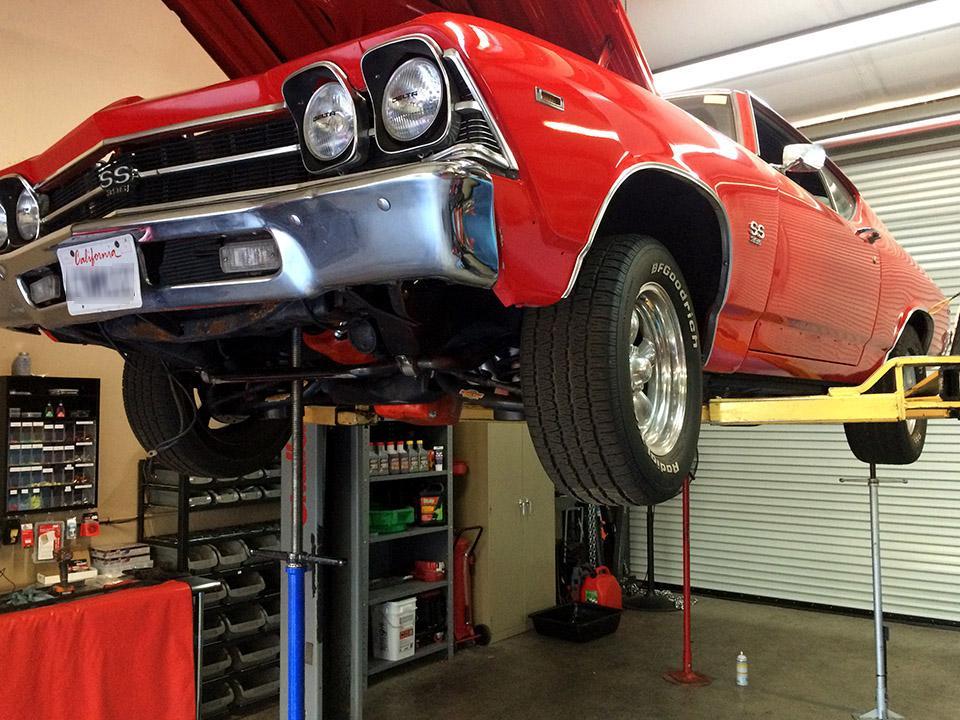
As with any car, you’ll want to be prepared for ongoing maintenance as soon as you buy your new classic. If you aren’t already familiar with how to work on cars, get ready for some tough lessons. Luckily, there are many people willing to teach you everything they know about fixing cars.
For your first few fixes, ask someone who knows what they’re doing; don’t attempt anything too complicated yourself until you have an instructor. Once you feel more confident in your skills, buying classic-car parts from reputable vendors can be very helpful.
6. Getting a VIN Check
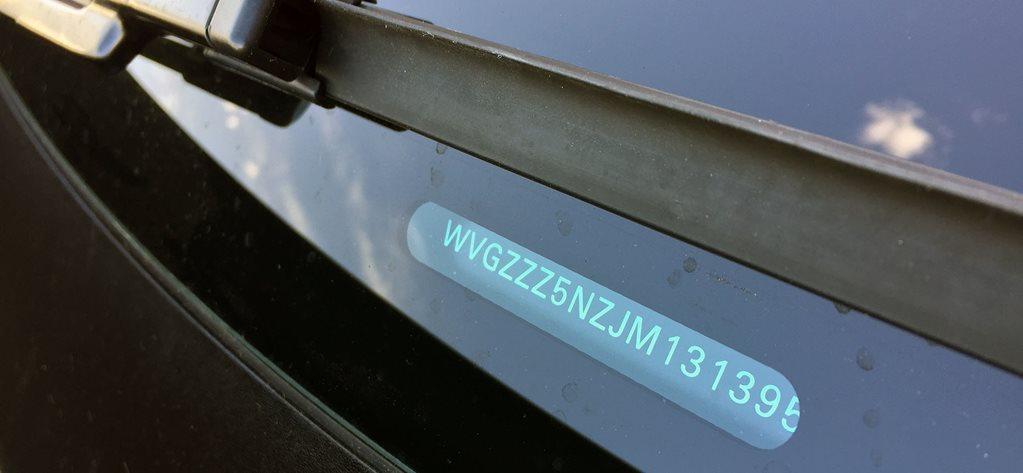
A VIN is a 17-character vehicle identification number which is used to track many aspects of your car’s history. The VIN number is present on all cars, from an old classic you’re thinking of buying to an off-the-lot new car. The VIN number contains a wealth of information to make your life easier.
A VIN can be used to track recalls, registrations, warranty claims, thefts, and insurance coverage. There are certain precautions you should take before buying a classic car, and it is important to run a VIN check as it can provide you with all relevant information about your vehicle’s past and current condition.
When buying a vintage car, make sure to do some research on its history before purchasing it. If there have been problems with your chosen model in past years—say, several deaths or injuries due to airbag failures—you’ll want to pass up on that purchase and keep looking until you find something that checks out cleanly. A VIN check also identifies whether their car could have been stolen, or if it was once declared as salvage (totaled) by an auto insurance company. You can conduct VIN checks on a website such as VINFreeCheck.
7. Watch for The Tires and Rims
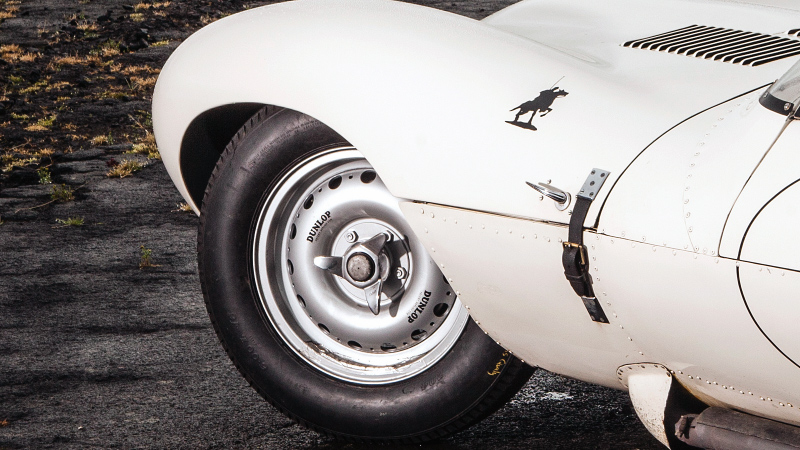
An important part of any classic car is, of course, its tires and rims. Choosing a vintage tire that meets your car’s needs is tricky. If you want to go with something original, there are plenty of sizes and brands to choose from; if you want modern-day performance, on the other hand, you’ll have hundreds more options.
Whichever route you take, make sure that the tires are designed for your specific car. Rims play an important role in a tire’s performance; don’t just buy whatever comes with it. Take care when buying new rims as well – some cars can only be serviced by OEM-approved shops.
8. Do Some Research on Classic Cars
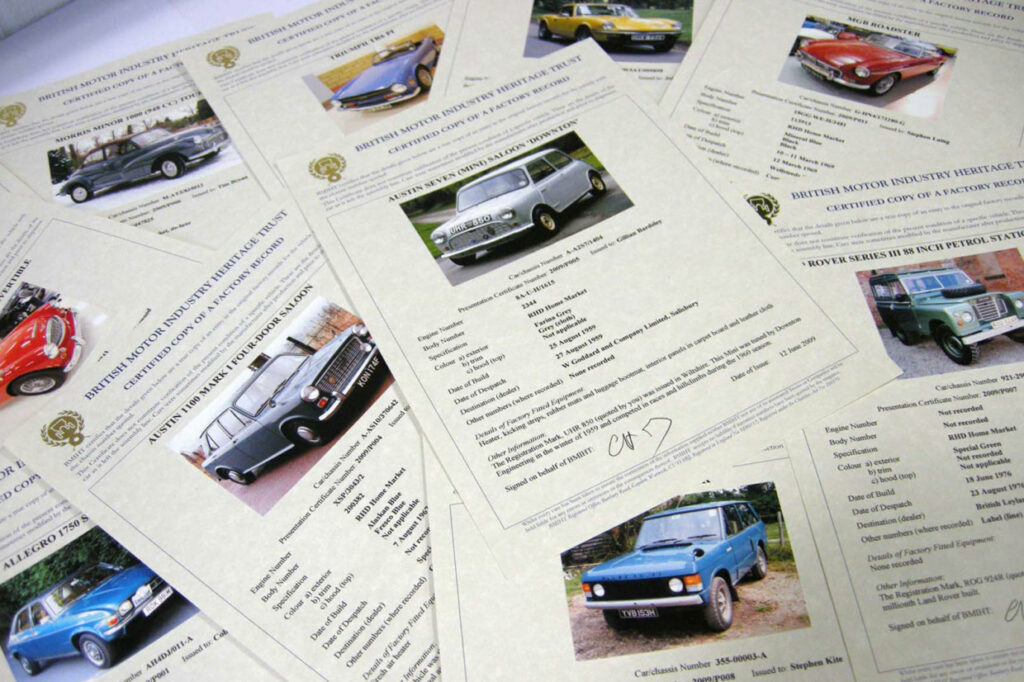
If you are planning on buying a classic car, but know very little about them, you should familiarize yourself with some basic terminology and different models. When it comes time to buy, you’ll be less likely to make uninformed decisions if you have done your homework first.
Remember that buying an older car can be expensive, so make sure that it is worth it before purchasing. The better informed you are going into buying a classic car, the more likely you will be satisfied with your purchase. The internet is full of information about cars in general and vintage cars in particular; take advantage of it.
9. Be Aware of the Resale Value
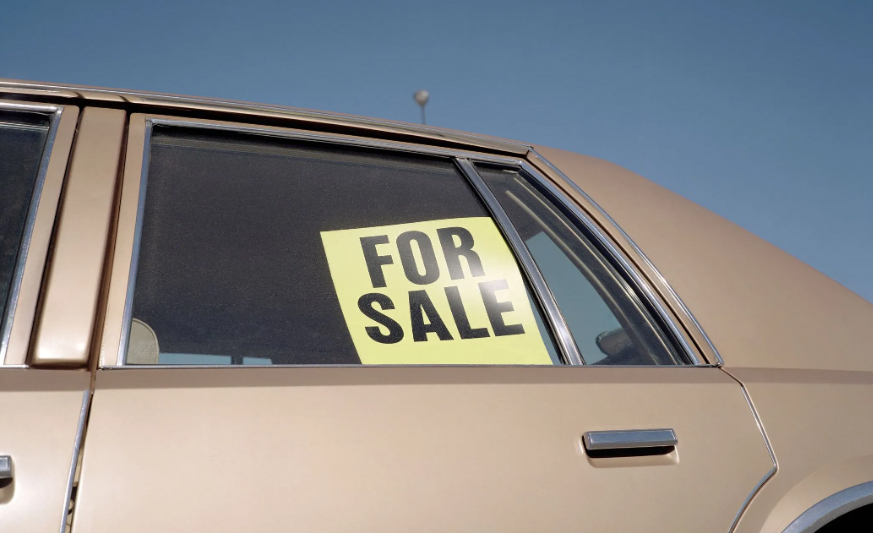
While you might pay more for that iconic car, there’s little guarantee it will hold its value well. Some classic cars have spiked in price over time, but their value may drop off just as quickly. Do your research and figure out how much other similar models are selling for online—and even better, if you know of any local dealers who buy classic cars or offer to finance.
Your goal should be to find a car with strong resale value (or even current cash flow) for your dollar—not something that gives you bragging rights now but costs more money down the road.

